
The Dopamine Wars Have Begun

Welcome to Wednesday, futurists.
There's something deliciously perverse about measuring desire as a KPI.
While the rest of the industry obsesses over conversion rates and bounce metrics, Grace Brigade went ahead and built what might be the most honest benchmarking tool in eCommerce: the Ecommerce Dopamine Index (more in the stories below 👇).
It doesn't measure how fast your site loads or how frictionless your checkout is. It measures whether anyone actually wants to be there. (Spoiler: most sites scored lower than a DMV waiting room's Yelp rating.)
This comes at a precarious time, while Sora 2 is generating a friend group-based deepfake machine on demand, and Vibes by Meta is creating an infinite slopfeed; all while making chat shoppable (again, keep scrolling below 👇).
The dopamine wars have begun, and most eCom sites are losing badly.
“People won’t use websites in the future!” is a mantra we’ve heard lately. But desire, in all its forms, can be manufactured.
Desire is on the other side of incentive. The question isn't whether websites will die, it's whether they're worth visiting in the first place. Most aren’t, so we find an escape in the infinite nothingness of generative disinformation.
Is your website worth visiting?
If your brand is fighting in the dopamine wars with nothing but a chatbot and a progress bar, you've already lost.
— Phillip
P.S. Want to understand how your brand can show up in ways that actually resonate? We're hosting an exclusive Archetypes and Aperitifs workshop for women in retail at the M.M.LaFleur showroom in Manhattan. Structured learning, candid networking, and a little shopping. Get on the guest list before we're full.

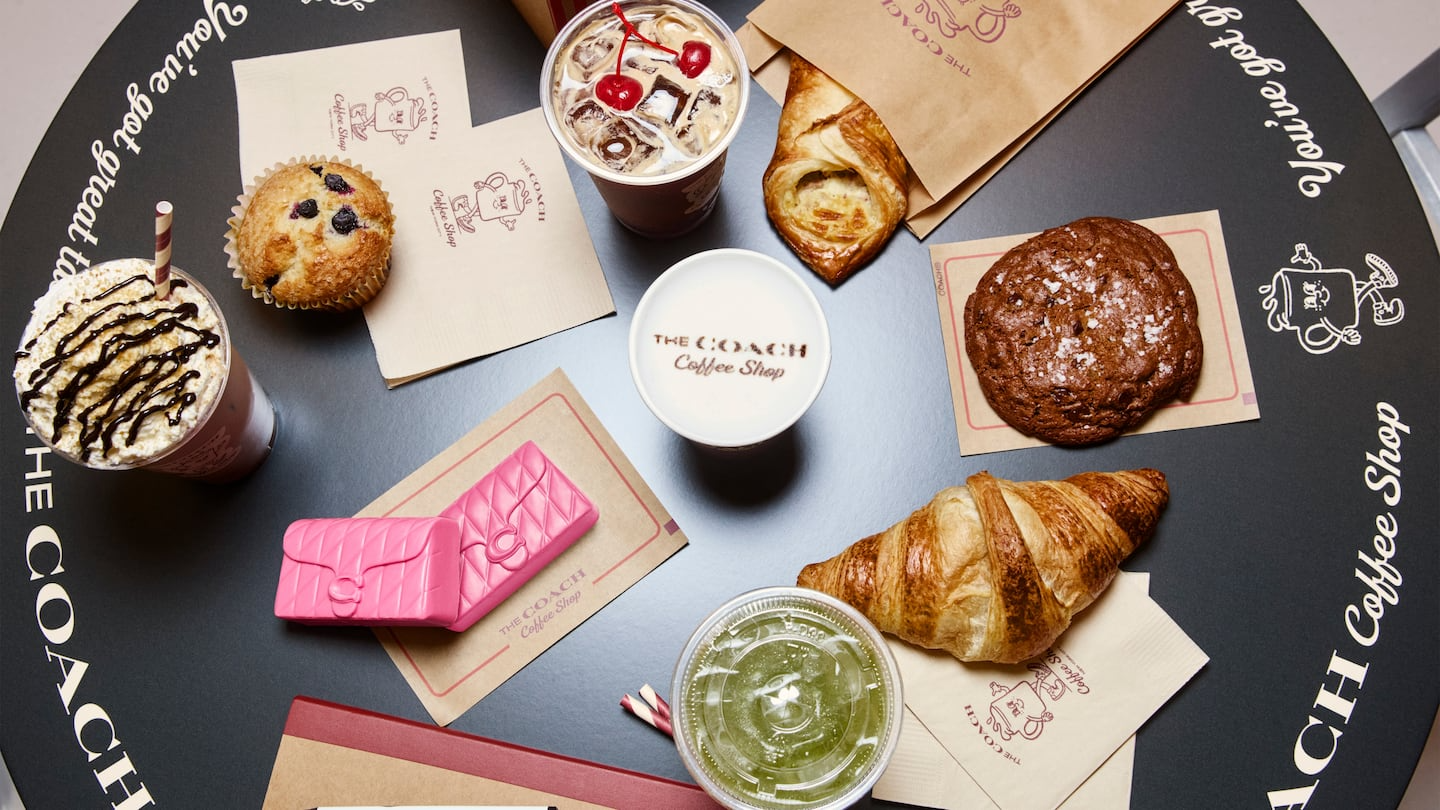
Coach Brews Up the Outlet Mall Experience Economy. After testing its Coach Coffee Shop concept in international markets, the brand is brewing up an expansion plan that includes more locations in US outlets. Coach recently opened new cafes at Jersey Shore Premium Outlets, The Mills at Jersey Gardens, and Woodbury Common Premium Outlets, and plans to further focus on outlet malls with limited food and beverage options.
Gen Z and Millennials are at the center of the strategy, as this group represents nearly 70% of new traffic at Coach Coffee Shop locations. The promise of little treats, an Instagrammable space, and exclusive kitschy merch makes these destinations prime real estate for brand immersion, word-of-mouth marketing, and value creation. In fact, limited-run goods account for approximately 30% of Coach Coffee Shop's revenue.
👁️ For the experiential retail nerds: Get our analysis on why these hospitality-driven spaces are new luxury status symbols.
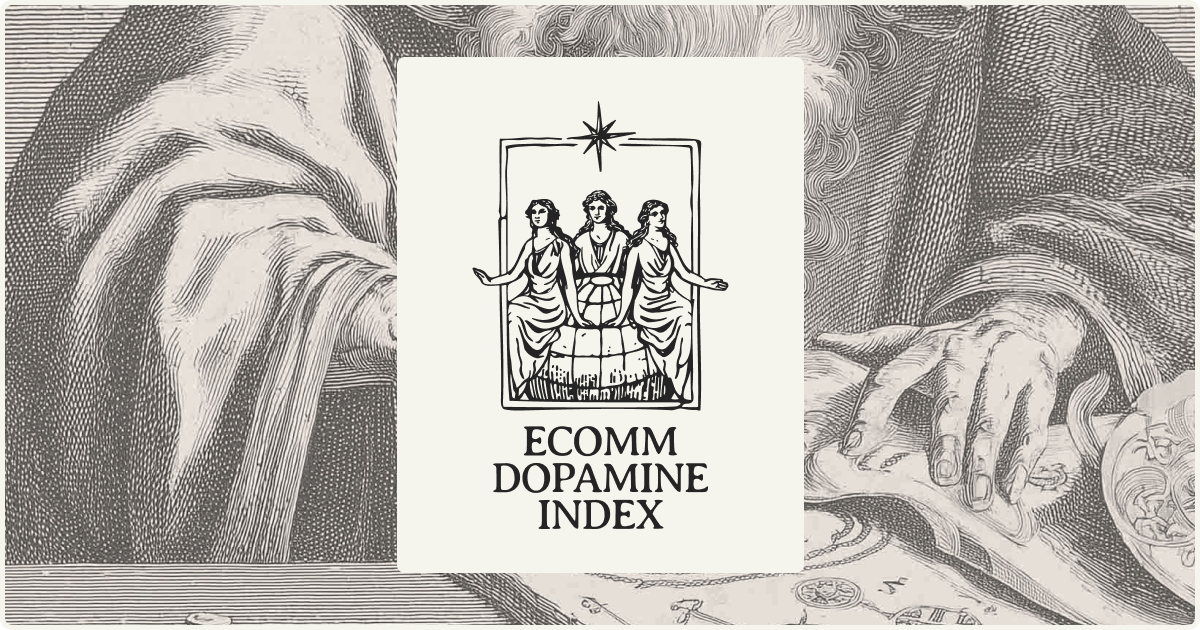
Digital Dopamine Hit. There are plenty of benchmarking tools that assess the seamlessness of eCommerce sites, but Grace Brigade has created one that measures a site’s ability to elicit desire. (That’s our kind of tool…) The Ecommerce Dopamine Index (EDI) evaluates brands featured on the Lyst Index and measures just how boring (or not) their sites are. You’ll see final scores out of 100 for brands like Prada, Burberry, and The Row, as well as insightful commentary on their beauty, discoverability, inspirational power, and more.
We’ve been lucky to have Grace Brigade’s own Simone Oltolina write several pieces for Future Commerce. You can get his perspectives on AI and eCommerce experience below:
→ Read: “From Plastic to Patek: What AI and Watchmaking Have in Common”


Trump's Furniture Tariffs Will Cost You a Seat at the Table. President Donald Trump has ordered a 10% tariff on imported lumber and timber, as well as a 25% tariff on kitchen cabinets and upholstered furniture imported from outside the US. This is another significant blow to the home decorating and furniture sectors, which have already had to navigate price hikes and supply chain disruptions due to tariffs. These rates are set to take effect on Oct. 14, but on Jan. 1, 2026, Trump will further increase tariffs to 50% for cabinets and 30% for furniture.
Ethan Allen CEO Farooq Kathwari noted that the tariffs may incentivize companies to bring manufacturing back to the US, but that even a fully integrated organization like Ethan Allen, which is predominantly a US-based company, is experiencing challenges.
Up to 75% of Ethan Allen’s manufacturing takes place in North America, but the company is grappling with 35% fewer associates across its manufacturing, logistics, and retail divisions. It is also implementing a price increase on Oct. 1. IKEA, which has prided itself on maintaining competitive prices, also recently warned customers that the tariffs will result in higher prices. Although the ultimate end goal is to increase demand for US businesses, some experts argue that domestic upholstery manufacturers will likely not reap the benefits.
Peloton Spins Into Its AI Era. The connected fitness brand has rolled out a comprehensive hardware refresh, unveiled a new AI-powered coaching service, and expanded its wellness content, all in an effort to regain customer loyalty.
The company appears to be focusing more on cross-training, particularly with Peloton IQ, which utilizes AI and computer vision to provide personalized guidance to users. Meanwhile, the new Peloton Cross Training Series features bikes, treadmills, and rowers equipped with an advanced swivel screen, supporting easy transitions during virtual classes. These new efforts follow a positive 2025 earnings year. In August, Peloton reported Q4 revenues of $606.9 million and net income of $21.6 million, marking a reversal of its losses in 2024.

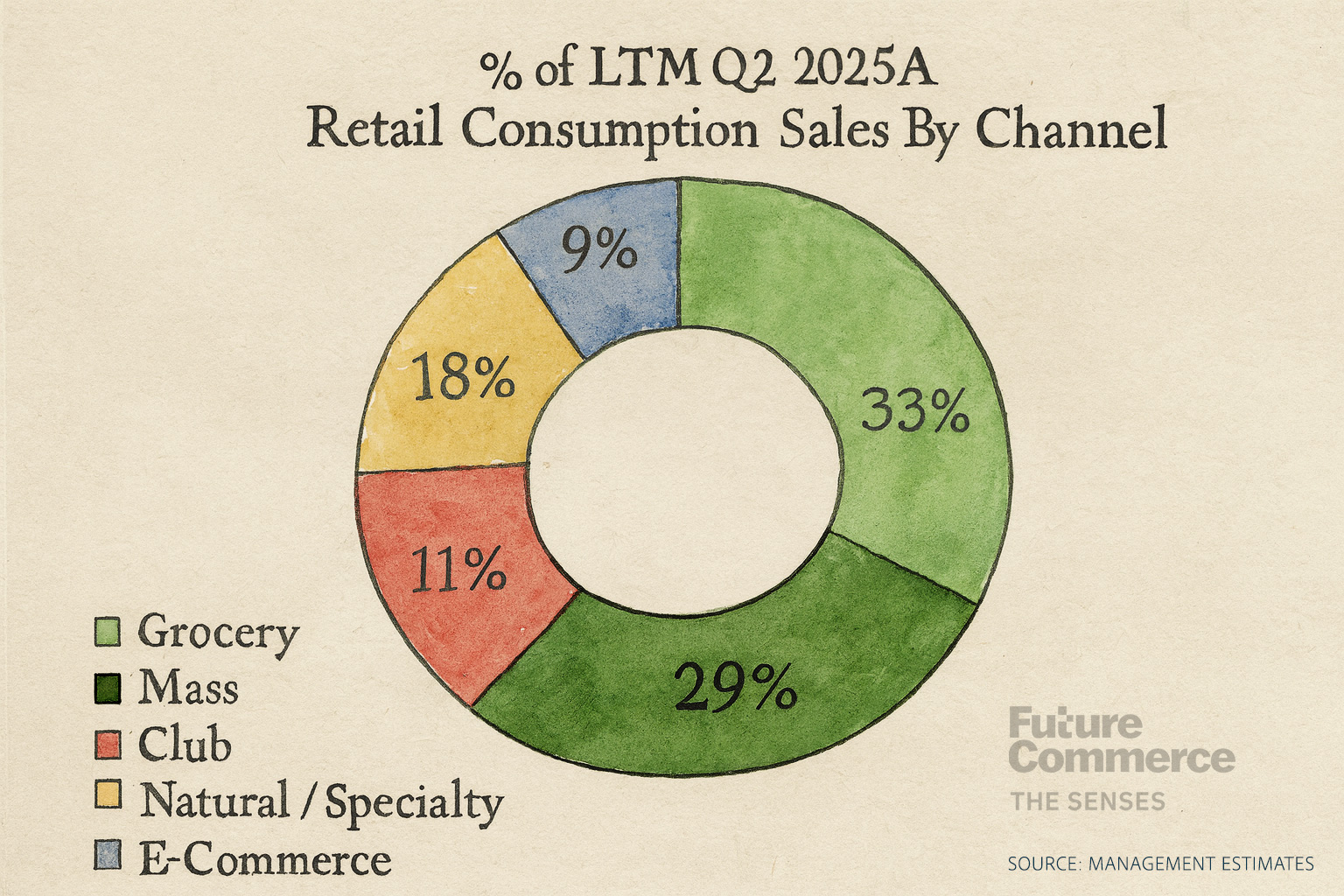
Jennifer Garner's Baby Food Brand Bets Big on an IPO. Once Upon a Farm, the kids' snack and baby food brand co-founded by Jennifer Garner, plans to go public. The company has filed for IPO on the New York Stock Exchange and onboarded Goldman Sachs and J.P. Morgan as lead underwriters. The company reported a 66% increase in six-month revenue in its filing, but it also reported a net loss of $28.5 million for the period.
Although it stated that an uncertain macroeconomic environment, “including the imposition of potential tariffs, embargoes, or similar restrictions,” could disrupt its supply chain, the company has invested substantially in growth, especially through wholesale. Once Upon a Farm products, which include refrigerated pouches, oat bars, and protein bars, are sold in more than 20,000 doors nationwide, and its in-store retail sales alone have surpassed $285 million, according to the filing.

Taco Bell Resurrects the Choco Taco (Sort Of). It’s been a little more than three years since Klondike stopped manufacturing the Choco Taco, and frankly, that is far too many months and days we should live without it. That’s why Taco Bell is partnering with Salt & Straw Ice Cream on the new “Tacolate,” which includes extra crunchy waffle cones, cinnamon ancho chili ice cream, a chocolate shell, and two Taco Bell-inspired sauces in mango jalapeño and wildberry cinnamon. You can order your Tacolates from participating Salt & Straw locations on Friday, Oct. 3, and on the brand’s eCommerce site.
Our Take: We’d argue the name doesn’t quite roll off the tongue quite like Choco Taco, but we’re just happy the companies have tapped into this undeniable opportunity to fill our insatiable appetite for sweet nostalgia…

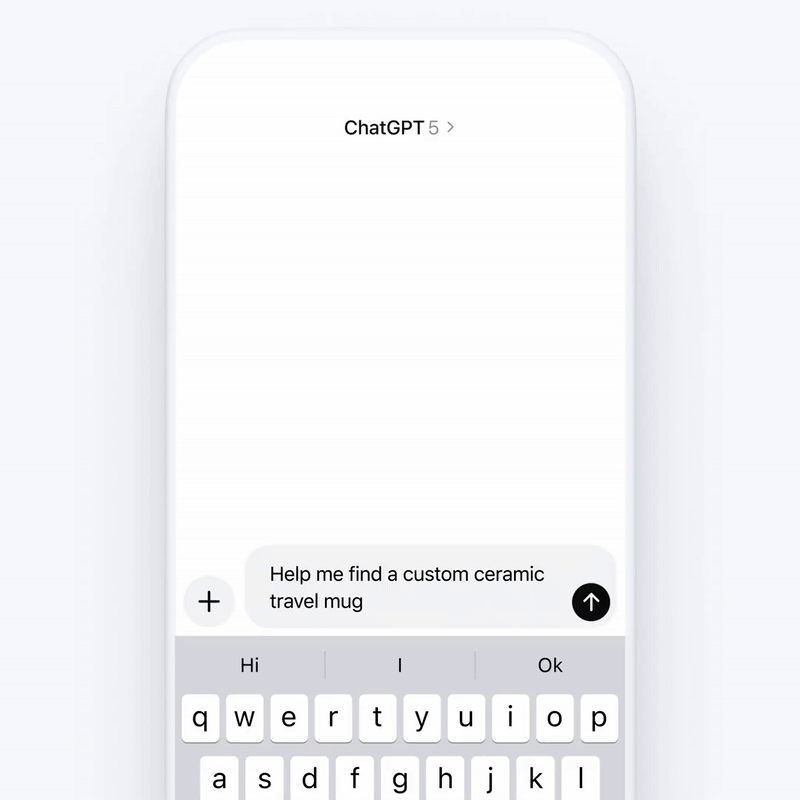
ChatGPT Just Became a Checkout Lane. OpenAI and Stripe have unveiled Instant Checkout, a new feature powered by the Agentic Commerce Protocol that allows consumers to instantly purchase items recommended by their LLM companions.
“Conversations are the new storefront,” said Shopify president Harley Finklestein in a post on X announcing the feature launch on Monday.
This is a major milestone in the industry’s race towards true agentic commerce, as US ChatGPT Plus, Pro, and Free users can now buy directly from US Etsy sellers within the chat. More than a million Shopify merchants, including Glossier, Spanx, SKIMS, and Vuori, will soon be able to do the same, and ChatGPT's open-sourcing of the Agentic Commerce Protocol will enable more merchants and developers to begin building their integrations.
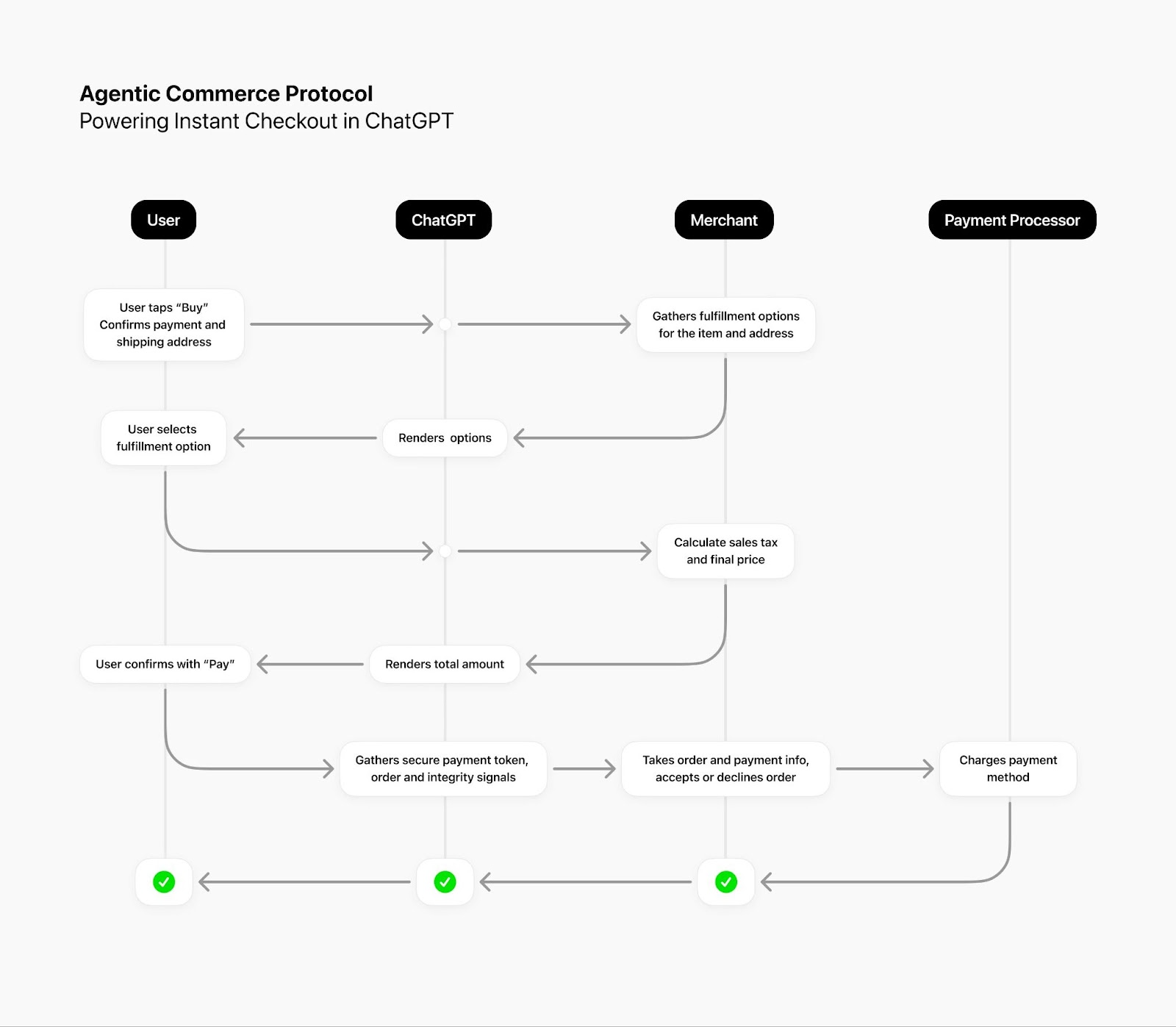
Our Take: At the time of this article, we were unable to find any Shopify stores with products available, despite targeted searches for two days for top Shopify stores such as Gymshark, Allbirds, Cupshe, Huel, Bombas, and Penguinbooks.co.uk. However, Etsy shops were easily browsable and purchasable. We were also unable to change the payment methods in Gpay to another card. There are some bugs to be ironed out.
Currently, the Agentic Commerce Protocol only allows one purchase per query; however, multi-item purchases are planned for the roadmap. Merchants pay a small fee for each completed purchase, but this does not add to the final cost of the product. In cases where multiple merchants offer a similar product, ChatGPT will favor listings based on factors such as availability, price, quality, whether a merchant is a primary seller, and whether Instant Checkout is enabled. This is the fine print that brands and retailers will need to be especially mindful of as they consider how the evolution of LLM-based commerce experiences will impact not only their content strategy but also their merchandising and pricing.
Despite being designed to work across platforms and payment processors for seamless integration, the Agentic Commerce Protocol still requires human intervention. The company claims that users must “explicitly confirm each step” before any action is taken. This may help build trust and offer comfort for consumers still hesitant about using AI for purchases, but is it truly agentic?

Tilly Norwood Can't Act. Talent Agents Don't Care. A full-blown bidding war is brewing among talent agents, and Tilly Norwood, an AI actress, is at the center of it all. Historically hesitant to jump on emerging tech bandwagons, the TV and movie industries are eager to embrace AI production and talent to alleviate ongoing economic stress, according to producer, writer, and comedian Elin Van der Velden. Norwood was created by Xicoia, a relatively new AI talent studio that is the byproduct of Van der Velden’s AI production company Particle6.
Van der Velden clearly has a vested interest in Norwood’s success, and while studios are undoubtedly facing economic uncertainty (especially with Trump’s recent claims that he will enact 100% tariffs on foreign-made films), there is still quite a bit of backlash among Hollywood, especially actors.








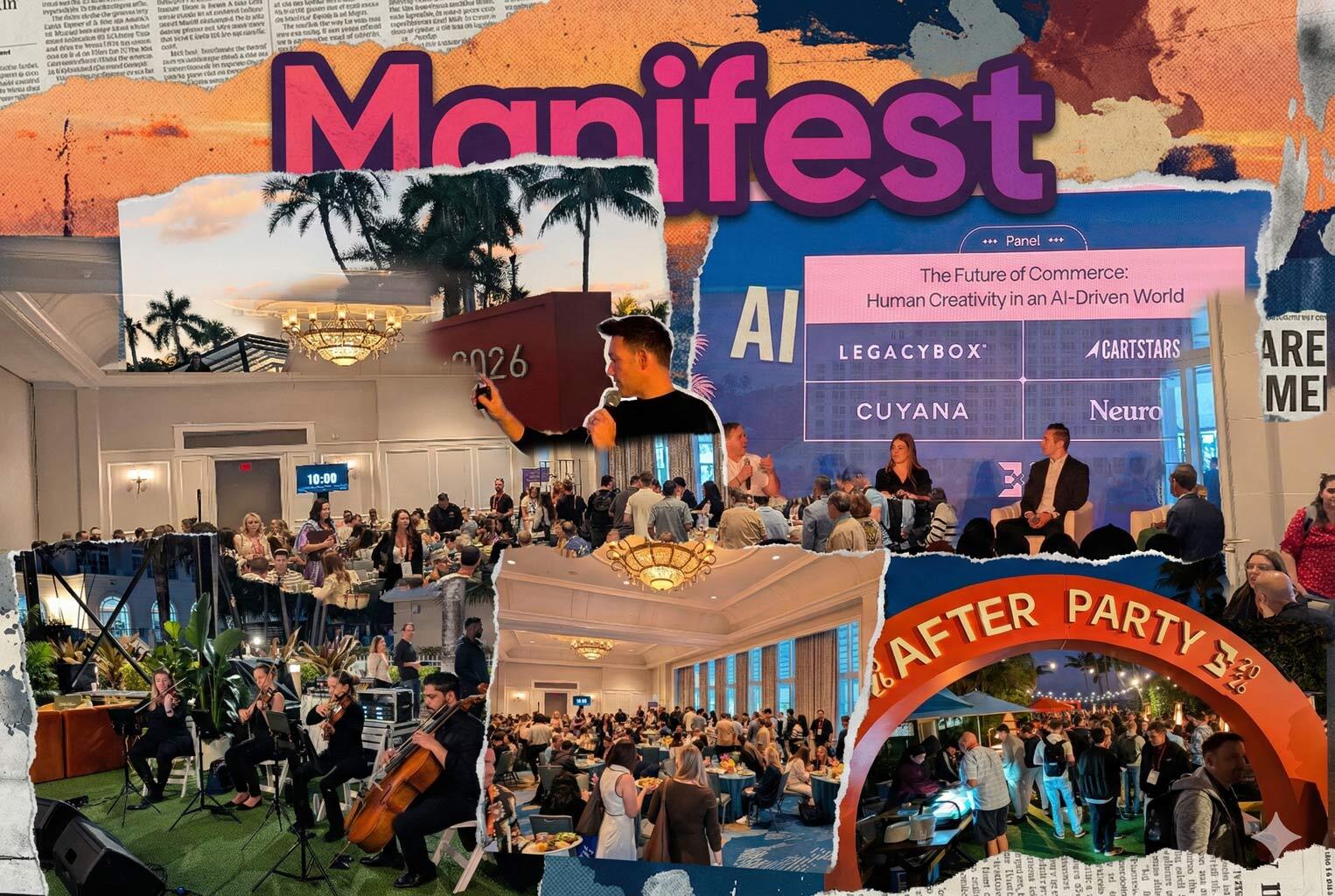
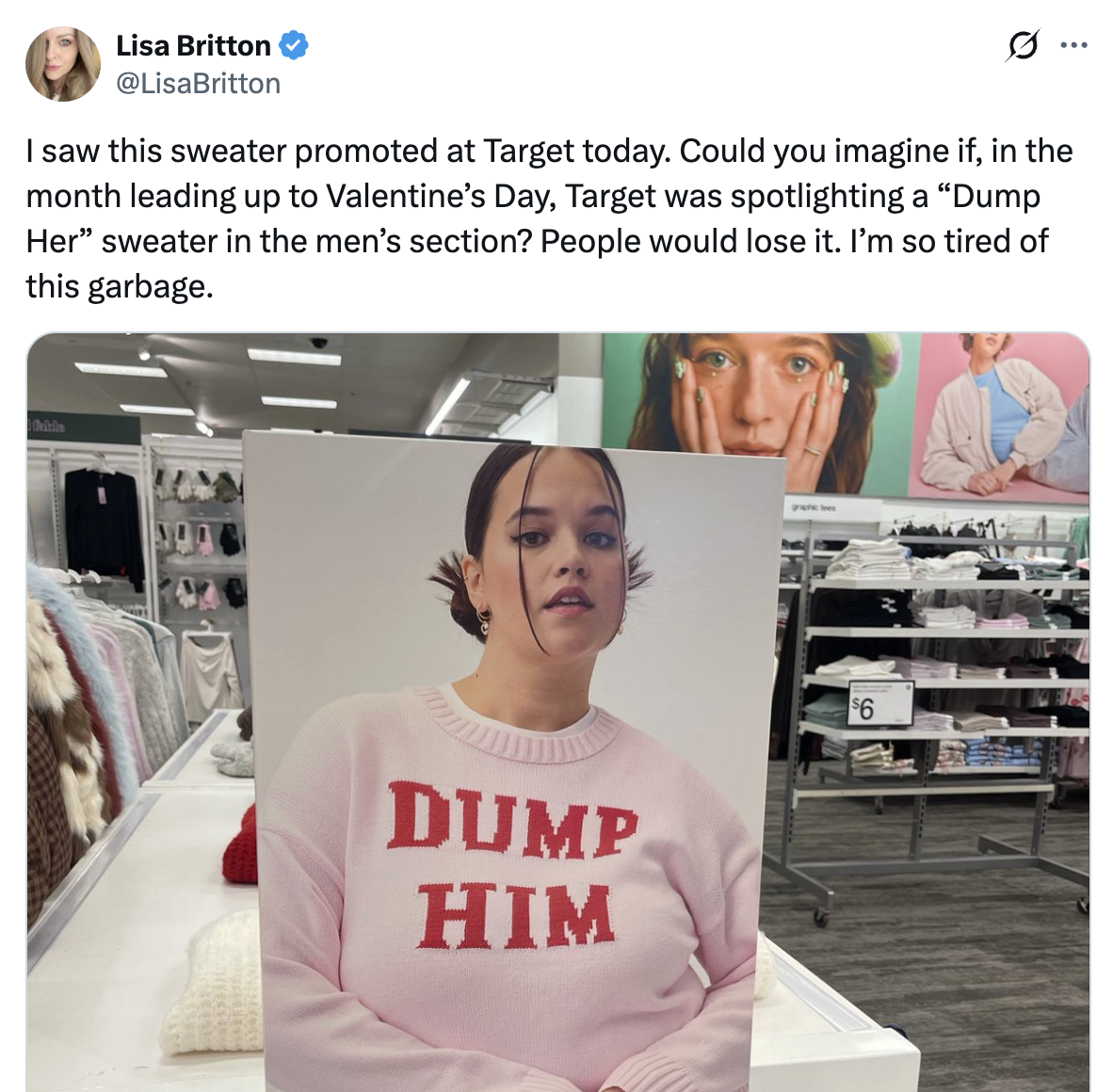
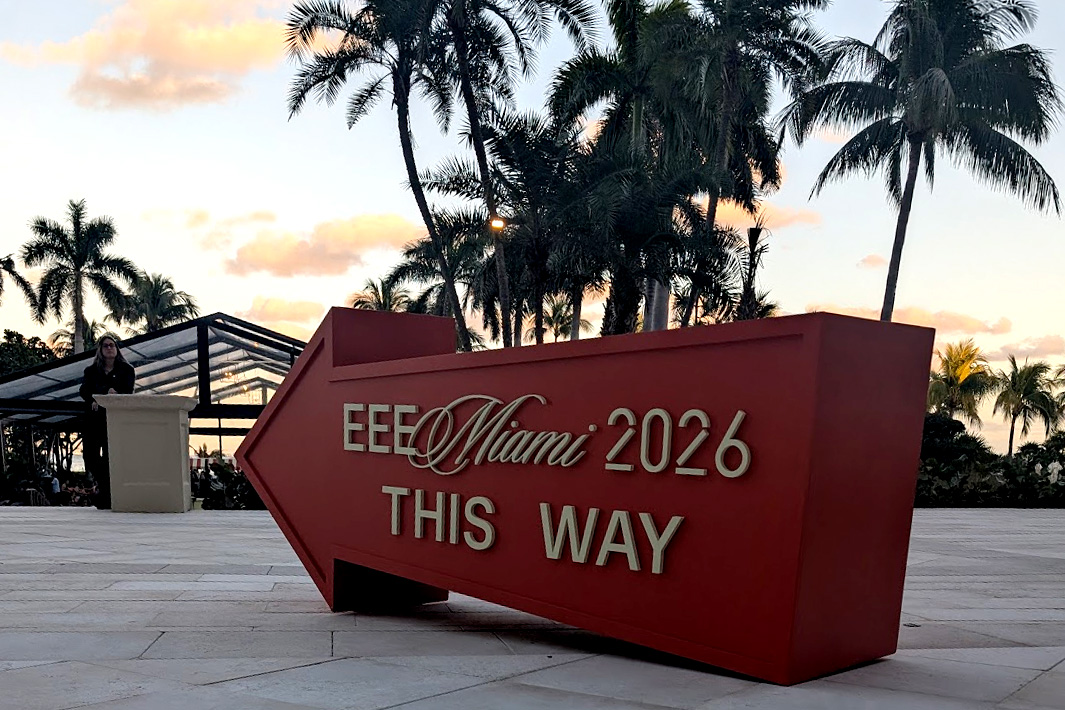
.svg)
